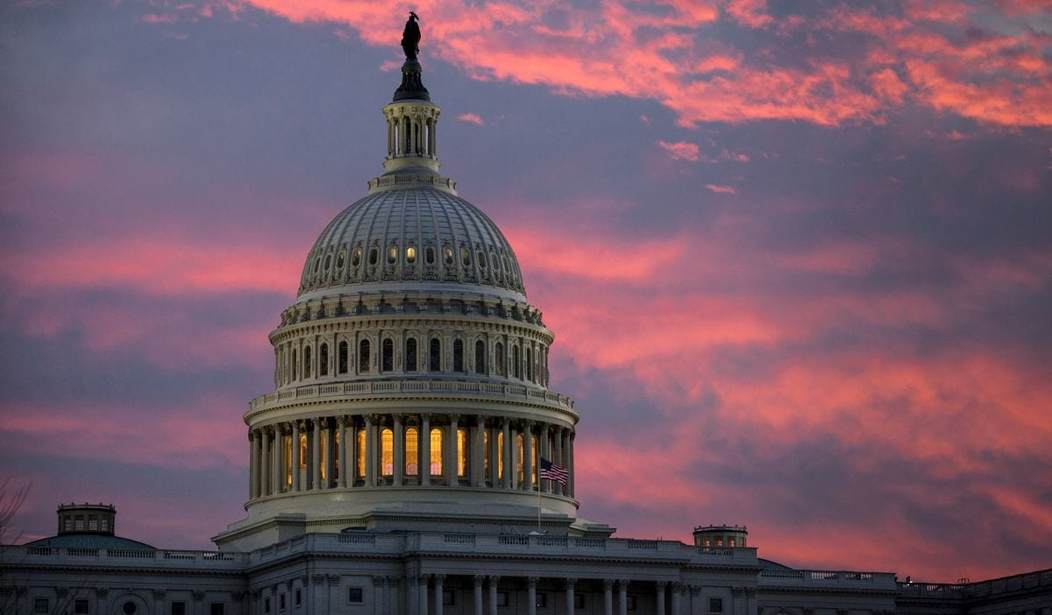The federal deficit in July increased by 21 percent to nearly $77 billion, recording the country’s largest shortfall in six years. The deficit was $34 billion higher this July than last.
Last month, the Trump administration revised its deficit projection for next year, expecting the deficit to top $1 trillion.
CNBC:
The Treasury Department reports that in the first 10 months of this budget year, the deficit totaled $684 billion, up 20.8 percent from the same period last year.
Revenues are up only 1 percent this year with the increase held back by a big drop in corporate tax payments. Spending is up 4.4 percent, reflecting a big boost Congress approved earlier this year for domestic and military programs and rising costs to finance the debt.
The Trump administration last month sharply revised upward its deficit estimates, projecting annual deficits will once again top $1 trillion next year.
The tax cuts appear to be having the desired effect on the overall economy, but revenue is coming up short.
Individual and payroll tax collections were about $1.4 billion lower in the month than a year before, a decline the CBO attributed to the lower tax withholding the Treasury implemented following the tax law’s enactment. The corporate tax haul decreased by nearly $5 billion. The tax law cut the corporate tax rate from 35 percent to 21 percent.
For the year to date, the government shortfall has totaled $684 billion, on pace for $849 billion for the full fiscal year. That would be the biggest annual deficit since 2012.
There is no doubt that the tax cuts have boosted revenue. So what happened? Congress and the president decided to go on a spending spree, the envy of drunken sailors everywhere. The $1.3 trillion omnibus discretionary spending bill busted the budget by more than $300 billion and set the U.S. on a course to run trillion-dollar deficits for as far as the eye can see.
It’s true that mandatory spending on programs like Social Security and Medicare account for the largest portion of the deficit and there is the frightening prospect that by decade’s end taxes will have to be raised substantially to address the needs of the retiring baby boom generation. But entitlement reform will have to await the election of a Congress with more than Jello for a spine. The longer we wait to get a handle on those programs, the more difficult the cure is going to be.
Only a few old fuddy-duddies like me and the shrinking number of fiscal hawks in Congress care about the deficit. Most PJM readers won’t even scan this essay, stifling a yawn while moving on.
But somebody, somewhere, somehow, some way, someday is going to have to pay the piper. When we do, it won’t be pretty.










Join the conversation as a VIP Member